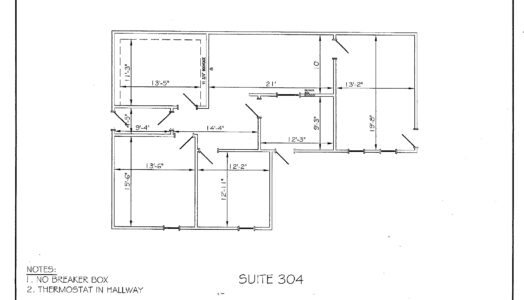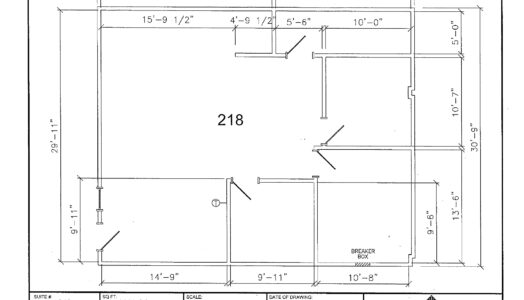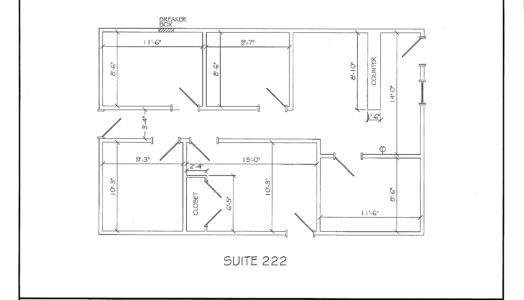Find the right space for your business
Follow the below tips on how to ask the right questions and look in the right places to find the right space for your business.
Location, Location, Location! Choosing the right location for your commercial property can make or break a business. How crucial is highway access and rail links? Do you need to be downtown in a city? Talk to local business owners in areas that you are looking to start a business or relocate.
Create a budget! One of the first steps to finding a business property, is deciding exactly how much you really have to pay – make sure you allow for all the costs – including utilities, business rates, any service charge, insurance, maintenance and of course IT. You must first ensure that your business will really be able to afford your chosen premises.
Come prepared! Do your homework before making an appointment to see a space. Measure your current office furniture and equipment to make sure your square footage computations match those of the space you’ll be viewing. Also, take a camera when you visit a space to take pictures so you can review them after the walk-through.
Evaluate building access and convenience. Walk around the building and check out the elevators, stairways, storage areas, and lobbies. Think about whether disabled people will be able to make their way around without unusual difficulty and see if the building is ADA compliant.
Think about expansion! There’s no point taking out a ten-year lease without a break clause if you plan on doubling the size of your business in two years. Negotiate your lease terms to fit your business.
Investigate the parking situation. Will your customers have to park at meters? In the case of on-site parking, observe how convenient the space is, whether it’s crowded, and whether spaces are set aside for individual tenants in multi-tenant buildings.
Plan for licenses or permits. You may need to get a special permit or license before you can open shop. Before signing a lease, find out how long it will take you to obtain permits — you don’t want to commit to a space and then not be able to open up because you’re waiting for permits.
Consider improvements. Evaluate how difficult (and expensive) it will be to fix any problems. Cosmetic changes such as painting the walls are easy and inexpensive. While tenants and landlords often negotiate substantial improvements in the space, it’s normally better to deal with space that requires relatively little renovation.
Examine the heating, cooling, and ventilation systems. Find out if there is adequate ductwork to serve all areas. Note where the thermostat is located and if there are multiple thermostats for different zones and determine if you can control the temperature.
Investigate zoning compliance. Think about local city ordinances when considering a space. The landlord or broker should be familiar with how the property is zoned. It pays to check with a zoning official at City Hall to confirm that the space you’re considering is zoned for your business.
Choosing the best commercial property can have huge benefits for small to medium-sized businesses. Property forms one of the largest overheads in business accounts, therefore getting the right property for your business needs is crucial.



